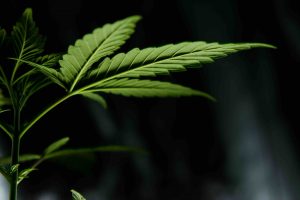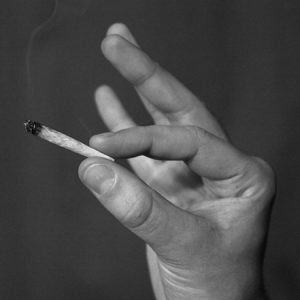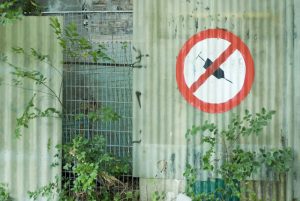 Like every other state, Illinois is debating whether or not to make recreational marijuana legal, even after U.S. Attorney General Jeff Sessions made it a priority for federal prosecutors to enforce drug laws. According to Sessions, marijuana is causing serious health issues to citizens and anyone found in possession of it should be convicted.
Like every other state, Illinois is debating whether or not to make recreational marijuana legal, even after U.S. Attorney General Jeff Sessions made it a priority for federal prosecutors to enforce drug laws. According to Sessions, marijuana is causing serious health issues to citizens and anyone found in possession of it should be convicted.
However, Illinois leaders do not agree with Sessions. State Representative Kelly M. Cassidy and state Senator Heather Stean have plans to come up with revised statute in the legislature’s new session to permit recreational marijuana. They have been carrying out town halls and meeting with constituents and key stakeholders to come up with a bill.
The first approach of making recreational marijuana legal in Illinois might take place in March 2018 in Cook County. In the same month, an advisory referendum will ask voters whether adult use of cannabis should be lawful. It will be placed in the primary ballot. It is crucial to note that there is still a lengthy process. The vote is part of the strategy by state-wide legalization, hence not binding or affecting the current law.
 Chicago Criminal Lawyer Blog
Chicago Criminal Lawyer Blog





